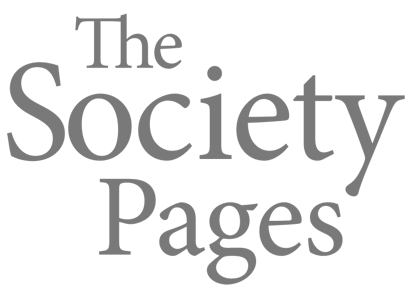
More media is moving online, but is digital media changing the way journalists do their jobs? As an assistant professor of journalism studies and director of the Minnesota Journalism Center, Dr. Valerie Belair-Gagnon uses social science to examine how the norms and practices of journalism are changing through emerging technology, such as social media, mobile chat applications, and web analytics.
Her first book, Social Media at BBC News: Re-Making Crisis Reporting, examines how social media began to influence journalism practice at the BBC in the 21st century. Through a series of case studies of the BBC’s coverage of crises from 2004 to 2010, including the 2005 London bombings and the 2010 Haiti earthquake, Belair-Gagnon shows how social media came to be an integral part of daily journalistic operations at the BBC by illustrating the evolution of a social media-centric “User-Generated Content (UGC) Hub” from its existence as an experimental fringe office to a central position in the BBC newsroom in less than a decade. This technological shift was so dramatic that BBC World Service Director Peter Horrock told BBC staff to “tweet or be sacked!” in 2010.
With colleagues Colin Agur and Nicholas Frisch, another study examines how apps like WhatsApp, Telegram, Snapchat, WeChat, and Facebook Messenger change journalists’ relationships with sources, especially when discussing sensitive issues. In a case study of foreign correspondents using chat apps in Hong Kong and China, they find that these apps play an important role in building trust and communicating with sources in areas of recognized high government surveillance.
While mobile chat apps have been useful tools for seeking sources and developing trust for a wide variety of news stories, they also raise a number of ethical questions. Should sources be encrypted, or open? Will the government have access to the mobile conversation and put the source in jeopardy? How can sources determine the difference between misinformation, disinformation, and “real” information on the internet?
In the future, Belair-Gagnon’s research will consider these ethical questions as well as the role of web analytics and chatbots. These technologies are changing and challenging journalists’ day-to-day operations, leading us into a new frontier of news production that requires close attention to technology’s role in shaping journalistic practice and journalists’ relationships with sources and audiences in global societies.
Photo Credit: BrickinNick, Flickr CC

